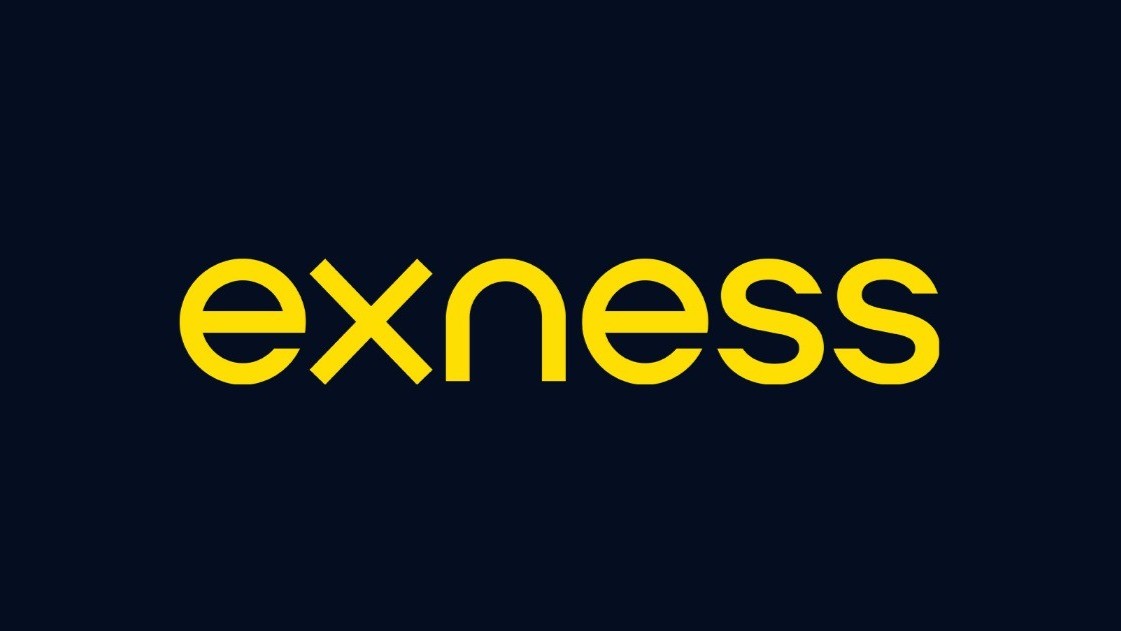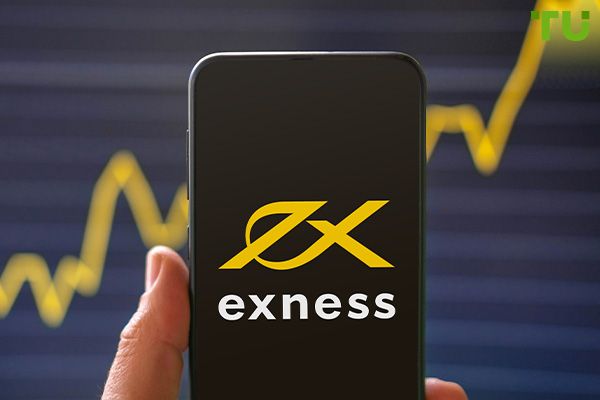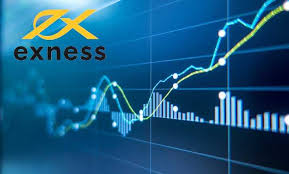Understanding the Competitive Exness Fees in Trading

When it comes to online trading, understanding the costs involved is essential. A comprehensive grasp of competitive Exness fees can significantly affect your trading strategy and profitability. As a popular trading platform, Exness offers various fee structures that cater to different types of traders, from beginners to professionals. In this article, we will delve into the various aspects of Exness fees, evaluating the competitive landscape and providing insights on how to navigate them effectively. For more information on trading strategies, visit Competitive Exness Fees https://thai-exbroker.com/.
1. Overview of Exness
Exness is a globally recognized forex broker established in 2008. It is known for its transparency, reliability, and user-friendly platform. The broker offers a range of trading instruments, including forex, commodities, cryptocurrencies, and indices. A significant part of its appeal lies in its low fees, fast execution, and exceptional customer service, making it an attractive option for traders around the world.
2. Types of Fees at Exness
Understanding the various fees charged by Exness is crucial in determining whether it aligns with your trading strategy. The main types of fees include:
- Spread: The difference between the buying and selling price of a currency pair.
- Commission: Charges based on the trading volume or specific account types.
- Overnight fees: Incurred on positions held overnight.
- Deposits and withdrawals: Costs associated with transferring funds to and from your trading account.

3. Competitive Spreads
The spread is one of the primary costs associated with trading, and Exness is renowned for offering tight spreads on various instruments. Spreads can vary depending on the account type, market conditions, and the financial instrument being traded. For example, Exness offers spreads as low as 0.0 pips on its ECN accounts during high liquidity periods. This competitive pricing structure is aimed at providing traders with an edge in the market.
4. Commission Structures

Exness employs various commission structures based on the account type. For instance, the ECN account types usually charge a commission per trade, which can range from $2 to $3 per lot, depending on the specific conditions set by Exness. Conversely, standard accounts may offer zero-commission trading with higher spreads. Understanding your trading volume and strategy is vital in determining which account type is most cost-effective for your needs.
5. Overnight Fees
Overnight fees, also known as swap rates, are charges incurred for positions held overnight. These fees can either be positive or negative, depending on the interest rate differentials between the two currencies involved in a trade. Traders should be mindful of these costs, especially if they intend to hold positions over longer periods. Exness provides transparency related to swap rates, allowing traders to make informed decisions.
6. Deposit and Withdrawal Fees
Exness offers multiple deposit and withdrawal methods, including bank transfers, credit/debit cards, and e-wallets. Most methods are free of charge, but certain payment processors may impose some fees for processing transactions. For international transactions, currency conversion fees could apply. Traders should always check the specific fees associated with their preferred payment method to avoid unexpected costs.
7. How to Minimize Fees at Exness
While Exness offers competitive fees, there are still strategies to minimize overall costs:
- Choose the Right Account Type: Analyze your trading style and volume to select the most appropriate account type that minimizes spread and commission costs.
- Trade During Market Hours: Spreads tend to widen during off-peak hours. Trading during high liquidity periods can help secure tighter spreads.
- Utilize Promotions: Keep an eye on Exness promotions, as they occasionally offer reduced fees or rebates.
- Apply Leverage Wisely: While leverage can amplify returns, it also increases risks and associated costs. Use leverage judiciously to manage your trading expenses effectively.
8. Comparing Exness Fees with Other Brokers
When evaluating Exness fees, it is beneficial to compare them with those of other brokers within the industry. Many brokers charge higher spreads, especially on standard accounts. The competitive nature of Exness pricing positions it as a favorable choice for active traders and those who prefer lower transaction costs. However, depending on individual trading preferences and strategies, one broker may be more cost-effective than another for specific types of traders.
9. Conclusion
Understanding the competitive Exness fees is crucial for any trader looking to maximize profitability and minimize costs. By analyzing spreads, commissions, and overnight fees, along with utilizing strategic approaches to minimize expenses, traders can navigate the platform effectively. As the trading environment evolves, staying informed about any changes to Exness fees is vital for ongoing trading success. Overall, Exness remains a leading choice for traders seeking a reliable platform with competitive pricing structures, making it an essential consideration in your trading journey.
Previous


